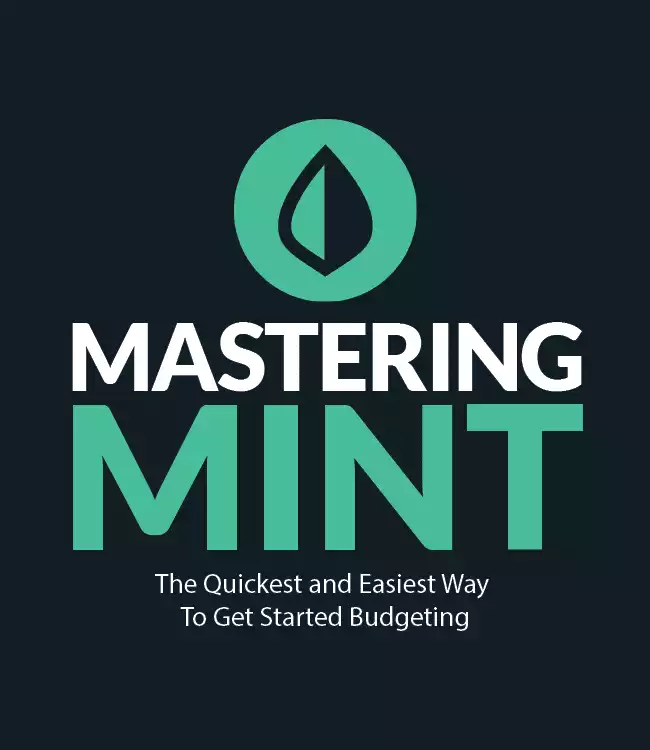If you want to start a business what kind do you want it to be? There are two competing business philosophies: lifestyle business vs. growth-minded business.
Lifestyle Business
A lifestyle business isn’t intended to make the owner tons of money. The goal of a lifestyle business is to make enough money to be comfortable while having freedom and a good work-life balance while doing work that you enjoy. Many lifestyle businesses were started based on the owner’s particular hobby or passion and represent their personal values.
Online businesses are much more amenable to this kind of business. A brick and mortar business offers much less freedom. Lifestyle businesses are self-funded, and that adds another layer of freedom. You aren’t beholden to VC funders or shareholders. This also you complete control over your business.
Benefits of a Lifestyle Business
Because your business is set up around your life, there is no guilt when you take time off or put other things like family or travel above growing the business. You work to live rather than living to work. Because of this balance, lifestyle business owners don’t suffer from the high levels of burnout, stress, and health problems that growth-minded business owners often face.
This is our guide to budgeting simply and effectively. We walk you through exactly how to use Mint, what your budget should be, and how to monitor your spending automatically.
Growth Minded Business
When you think of the startup world, you typically think of founders who are working like mad to grow their companies as fast as possible. Often, the founder or founders will get their company to the point where there’s enough promise to attract funding.
And at that point, you’ve got investors who now want to see an ROI – and in the startup game, they’re not looking for a modest ROI, they’re looking for “to-the-moon” businesses. This is the growth-minded business model.
Benefits of a Growth-Minded Business
Let’s face it – if you’re not growing, you’re shrinking. There’s always someone out there trying to eat your lunch. A more laid-back lifestyle business model carries a much greater threat of being eclipsed by competition, which could land you right back at a desk job.
Adopting a growth mindset is more likely to expose you to other incredibly motivated, driven people who will push you to do more. A growth mindset is more likely to result in a company that makes a truly big impact on the world. Accepting funding reduces your personal risk and can supercharge the growth of your business.
Middle Ground
Of course, there’s also a middle ground between the two extremes, and it’s probably occupied by more businesses than either of them. Millions of small businesses have founders who work hard, seek to grow, but mainly just look at it like a job. They’re not looking to work from a beach, but they’re also not hoping to pitch Chris Sacca next week.
So if you’re thinking of starting a business, and you’re hoping that it could one day allow you to quit your job, which model do you go for?
Which is Right For You?
Both choices are going to require a lot of work up front. You hear lots of stories about lifestyle business owners who turned a hobby or side hustle into a job that supports them full time. But in the vast majority of cases, they spent years building that business while working full time because they didn’t want to take outside funding.
But a successful lifestyle business doesn’t require a ton of work once it’s up and running successfully. Andrew now spends from 4-20 hours a week on LMM. But there are times when he spends 0 hours working on it because he’s on vacation or just feeling burnt out and needs a break.
You likely won’t become a multi-millionaire running a lifestyle business, but you can make a comfortable living and that coupled with smart investing can mean you will be financially secure.
In a growth-minded business, the insane pace at the start rarely lets up. It’s less risky for you though if you find outside funding. If the venture fails, it’s not your money on the line. You can also look for the quick score. Start the business, bring in funding, and selling it off for big money. You put in a lot of effort and time up front, but you could walk away never having do work another minute for the rest of your life.
Thriving in the Lifestyle
There are parts of the growth-minded business model that you should adopt if your lifestyle business if you want to thrive and succeed; systemization and efficiency. The more you can automate or delegate, the more freedom and time you will have while still keeping the core functions of the business running.
Don’t get too fat and happy though. Remember, someone is always looking to eat your lunch. Keep abreast of the changes and trends in your industry. Know who your competition is. And don’t overbalance your work life balance too far to the life side.
Thriving in Growth
DO NOT IGNORE THIS FACT: You are human and made of meat and tissue and stuff. You’ll face a lot more pressure with a growth mindset, but you need to remember to look after your health and relationships.
So many growth-minded founders have sacrificed their health or have ruined relationships in the name of building their companies. You can be growth-minded while still keeping those things in check, at least to a degree.
A growth-focused business can worry less about immediate profitability. If the idea is good and there’s promise in the form of high adoption rates, high revenue (even without initial profit), then investors will likely see promise in the concept and will be willing to keep you afloat and growing through their investment.
And let’s be honest – many growth-minded businesses are spun up with the intent to never be independently profitable; instead, they look to build something that a big company will want to acquire.
The lifestyle entrepreneur may be more likely to be realistic about the numbers, while growth-minded founders can be so optimistic that they end up burning through cash quickly. If you’re growth minded, make sure you have a healthy measure of “nerd” to counter your “free spirit,” or make sure you have a partner or employee who has it.
Don’t be too quick to give up control. Funding can be tantalizing, but you have to be careful about it. 20% of your company might seem reasonable now, but how are you going to feel when that equals $50 million, and your investor is pushing you to do things you might not want to do?
Stick to your values, and only take funding if you really need it, or if there’s clear reason to take it and the benefits outweigh the costs.
LMM has been pitched by more YouTube networks than we can count. We’ve always rejected them because joining a network means giving up some amount of control over your channel. Networks will tell you they can help you connect with other YouTubers to do collabs, help you make more ad money, etc.
Take it from Andrew – you can build a 500,000 subscriber channel without a network. And whatever your business may be, you don’t necessarily need funding for everything.
You’re Not One of the Herd
Whichever type of business appeals to you, starting and building one puts you on a different plane than the great majority of people. Most people spend their entire lives working for someone else, making someone else money.
Starting your own business can give you more choice, freedom, and independence than your average 9-5’er can ever dream of. And we think that makes it all worth the effort.
Show Notes
Apex Predator: A farmhouse ale from Off Color Brewing.
LMM Financial Toolbox: The tools we use to manage our money.
LMM Pro: Research, evaluate, and track rental properties.

